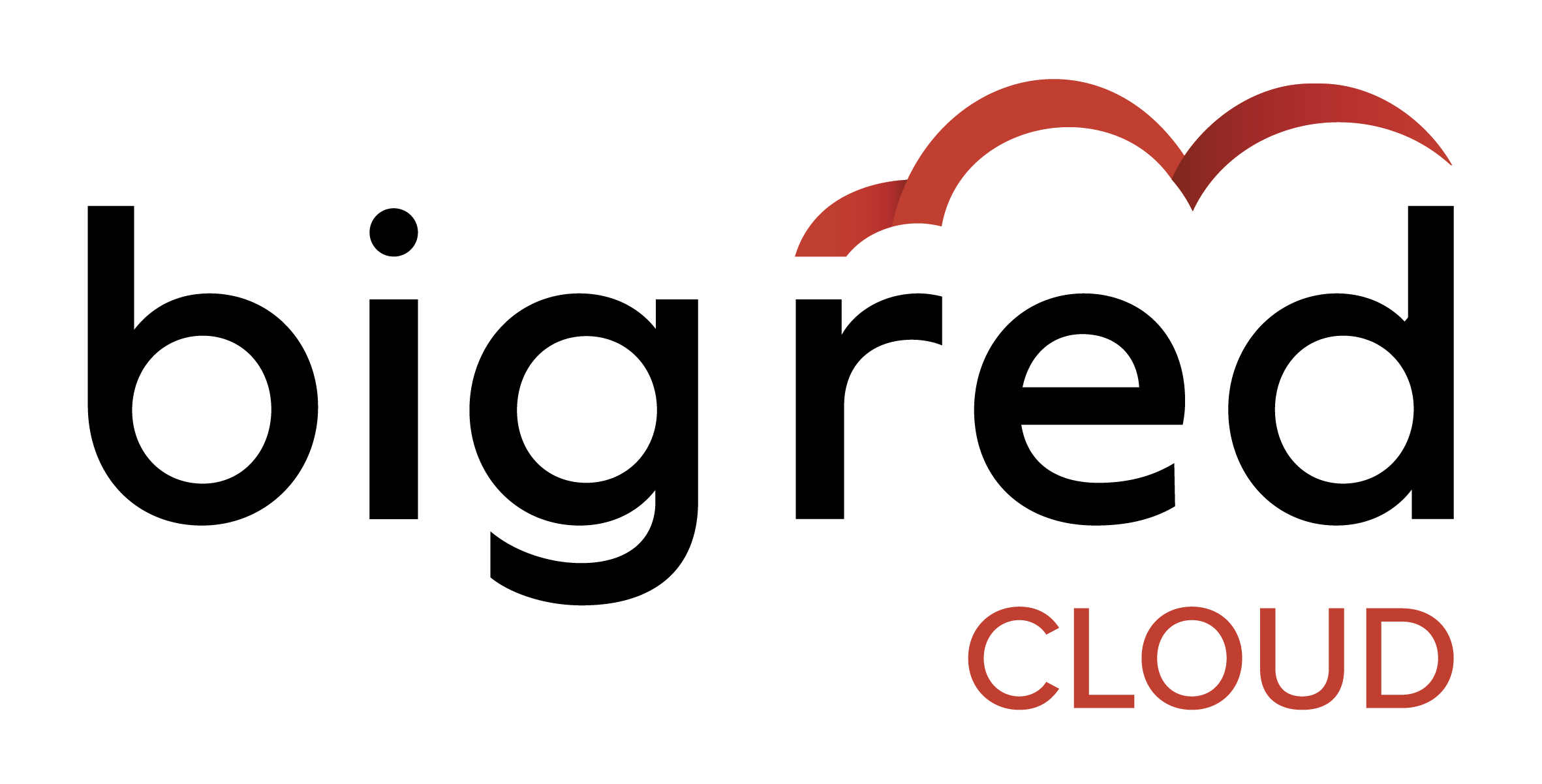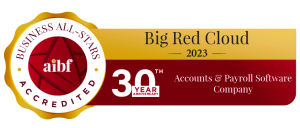Understanding the difference between invoice and cash receipts basis accounting is a crucial accounting principle that business owners must understand. It’s all about your tax responsibilities, which are critical to get right if your business is to continue trading.
Value-added tax (VAT) is something that most businesses are accustomed to. In fact, it’s so important that we wrote a guide on the subject here. VAT, if you didn’t already know, is a tax that is imposed at each stage of the production, distribution or business cycle. The ultimate liability to pay it eventually falls to the final consumer of goods & services.
If your business is registered for VAT, you have two accounting schemes to choose from. These are:
- Invoice accounting basis for VAT
- Cash receipts basis accounting for VAT
Before you decide which one is best for you, you need to understand the differences between them and learn which would give your specific business the most advantages.
Invoice accounting basis vs cash receipts basis accounting
Invoice accounting basis, which is sometimes referred to as either accrual accounting or standard accounting, is when you are obligated to pay your VAT when you create an invoice (known as raising an invoice).
Cash receipts basis accounting is when you are only required to pay your VAT obligations to Revenue when your customers have paid you. As you might imagine, cash accounting can make cash flow management much easier because you won’t need to pay Revenue until you have received payment from your customers.
Paying VAT with a different accounting basis
All businesses collect VAT for Revenue, and when your company sells goods or services, you are required to add VAT to the price charged to the customer and remit that to Revenue. Your liability to pay VAT will depend a lot on whether you use cash or invoice accounting, so it’s something that you need to ensure is right.
For those businesses using invoice basis accounting, once you have created and sent an invoice, you need to pay your VAT when submitting your next VAT return. So even if you haven’t received the payment stipulated by the invoice, your VAT obligations are immediate.
Businesses that use the cash receipts basis of accounting (also known as the money received basis of accounting) will only become liable for their VAT payments when their customers have paid them.
However, not every business is eligible for cash receipts basis accounting. To be eligible, your business must:
- Have an annual turnover lower than €2,000,000
- Have a customer base that is predominantly not registered for VAT
Businesses that meet these criteria will still have to provide a VAT invoice for any VAT registered customers.
It’s a complex area to work through, and the wrong decision about which basis of accounting to use can have long-lasting effects. That’s why it’s always best to discuss your options with your accountant while you’re working on setting your business up.
The benefits of cash receipts basis accounting
The main benefit of cash accounting is that you don’t have to pay your VAT until your business has been paid. That’s good news for your bank balance! It’s also more streamlined, easier to manage, and harder to get wrong. There are other benefits too. The main benefit is that if you send out an invoice and the customer doesn’t pay you, then you don’t have to pay the VAT on that sale until it’s settled.
So it all seems pretty straightforward. However, there are risks to using cash accounting.
Disadvantages of cash accounting
Despite its clear benefits, the disadvantages of cash accounting can prove to be a stumbling block. The main issue business owners face when adopting a cash accounting basis is that you need to track cash receipts against which invoice they are paying, and correctly allocate the correct amount of vat if the payment is a partial one and/or there are mixed VAT rates on the invoice. Fortunately, accounting software like BRC does that calculation automatically, making cash flow forecasting much easier.
So while cash accounting might, on the surface, look like the obvious choice when looking at your accounting options, it’s not as clear cut as that. For example, even if you decide to use cash accounting due to having a lower annual turnover than €2,000,000, if your turnover grows and you exceed that total, you won’t be allowed to use it anymore.
You also aren’t eligible for cash accounting if:
- You’re currently falling behind on your VAT payments or VAT returns
- You have been convicted of any kind of VAT-related offence
- You have been penalised for evading your taxes.
Many businesses simply aren’t eligible for cash accounting. That’s why it’s always a good idea to have an in-depth discussion with your accountant before you make any firm decisions about which accounting basis to use.
The disadvantages of invoice accounting
We’ve already looked at the main disadvantage of invoice accounting, which is that you’re going to have to pay your VAT as soon as you raise your invoices. In many cases, that will mean making that Revenue payment even if you haven’t been paid by your customers yet. But there are additional disadvantages that you need to be aware of:
- It can be more complicated to manage, especially for smaller businesses
- It can disrupt cash flow when your customers don’t pay you by the due date
- If customers don’t pay you at all, then you’re still going to be charged for the VAT on your goods or services (you can reclaim this payment, but you’ll have to wait six months)
It’s also worth mentioning that if you use an invoice accounting basis and one of your customers pays you before you have given them your invoice, you have to pay the VAT immediately. This is because the transaction will generate a tax point, and the VAT of a sale becomes immediately payable.
So there are certainly some risks associated with invoice accounting. Whether those risks outweigh the benefits is very dependent on the size and scope of your business, who your customers are, and your current cash flow.
Small businesses, cash accounting, and invoice accounting
The key thing to remember about cash and invoice accounting is that the best choice for you and your business will largely depend on your customers, your business goals, and the financial needs of your business. While invoice accounting is generally considered the better option for financial reporting and financial transparency, the complications can slow finance management down.
That’s where accounting software has changed the game for entrepreneurs. The available software of today makes it much easier to get the insights you need, no matter how complex your VAT obligations might seem. With cloud-based accounting software like Big Red Cloud, the hard work is done for you.
There are potential cash flow implications depending on what basis of accounting you choose. So making the best decision for your business is important and as outlined above, your accountant should always have input into this issue. Alternatively, contact the friendly team at Big Red Cloud to talk more about the different VAT options available to you. Or sign up for our free trial and find out for yourself how we can turn managing your money into a resource and not a hassle.





